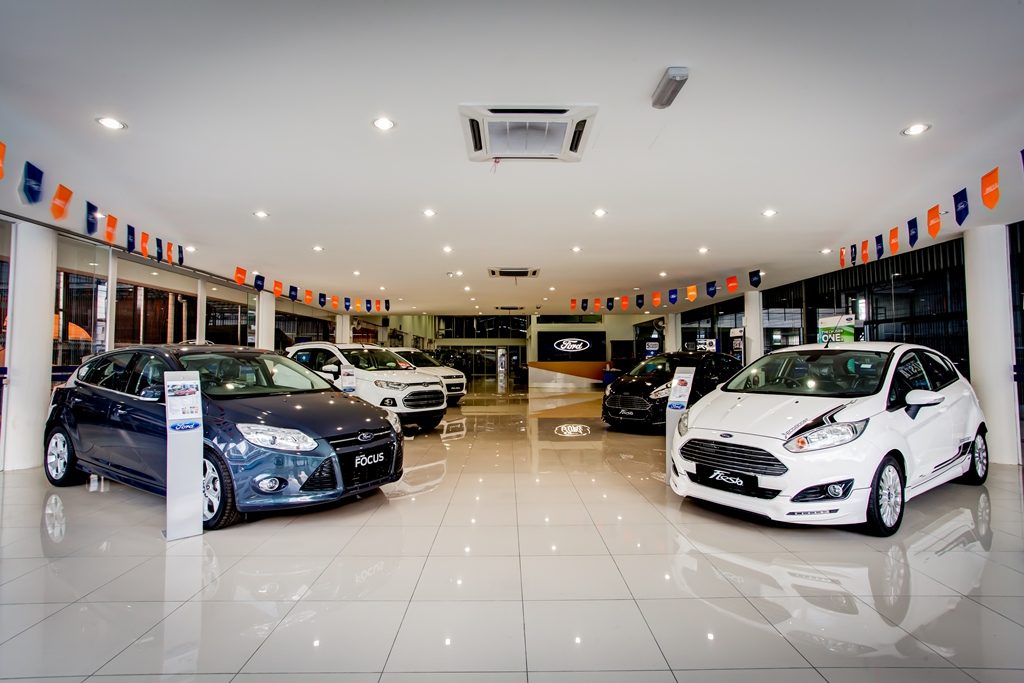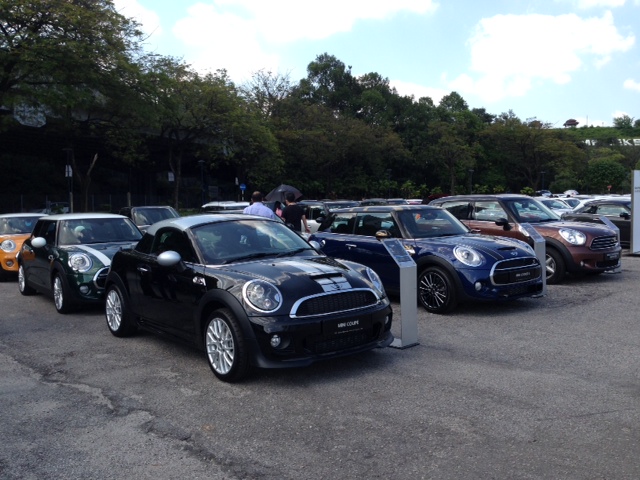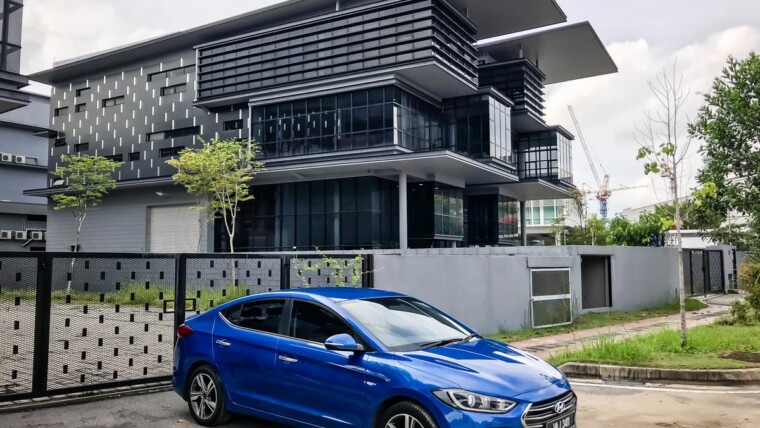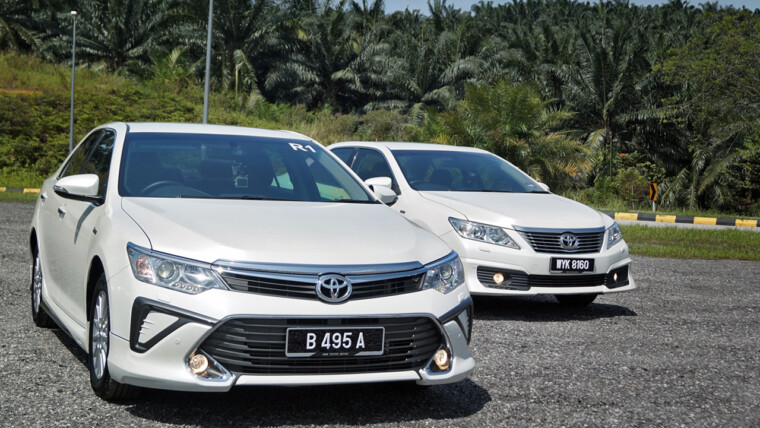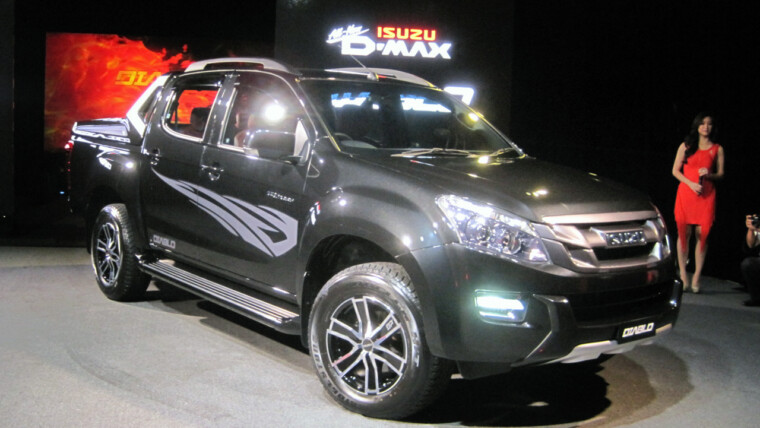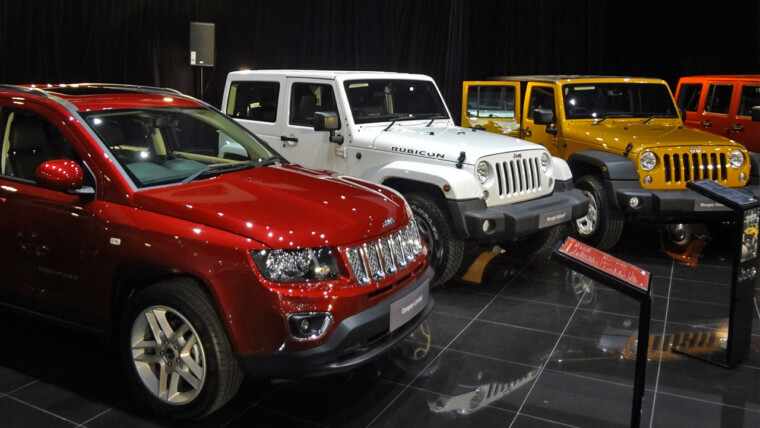If you are planning to purchase a new car after the 1st of April be ready to pay a little bit extra. Many believe that the price of vehicles is expected to be slightly lower under the new GST (6%) implementation since the difference between the GST (6%) and SST – sales and service tax – (10%) is around 4% more or less.
However, Malaysia Automotive Association (MAA) President Datuk Aishah Ahmad said that car prices might actually go up instead of coming down. In fact, during the interim period when the GST kicks in, customers might end up paying double taxation for their cars.
This is because car companies would have already paid 10% in SST for the cars they bought before April, and those who bought the cars from a distributor or a non-licensed manufacturer can only claim back 20% of the sales tax they paid, which translates to 2% of the 10%.
“On April 1, customers will have to pay the 6% GST. So in total, the tax would be 8% (from the non-refundable SST part) plus the 6% GST. This means that in actual fact, car prices will increase (during the interim period) because you have to pay tax twice,” Aishah explained.
Besides that, GST plays only a small fraction of the whole car price as the major element affecting the price of a car is the excise duties that car companies have to pay, which range from 65% to 105% depending on the engine capacity of the vehicle.
“We have been asking for a reduction of the excise duty, but we still get the same answer: ‘No’. The revenue the Government gets from duties (excise duty, SST, import tax) from the Malaysian automotive industry comes up to RM7bil per annum. It is too huge an amount for it to lose” said Aishah.
She also added that the weakening Ringgit would also affect the price of cars. Compared to January 2014, the US dollar has appreciated against the Ringgit by a significant 28% to 32%. Many car distributors even use US dollars to pay for their Completely Knocked Down (CKD) packs, including those from Japan and South Korea. Aishah adds that most imported vehicle components and spare parts were also priced in US dollars.
“With the exchange rate this high, members are trying to mitigate the problem and do what they can to hold on to current prices. But how long can they withstand and absorb this? If they do lose money, then they will have to increase prices,” she said.
Source: The Star
Other posts by AF Newsdesk


